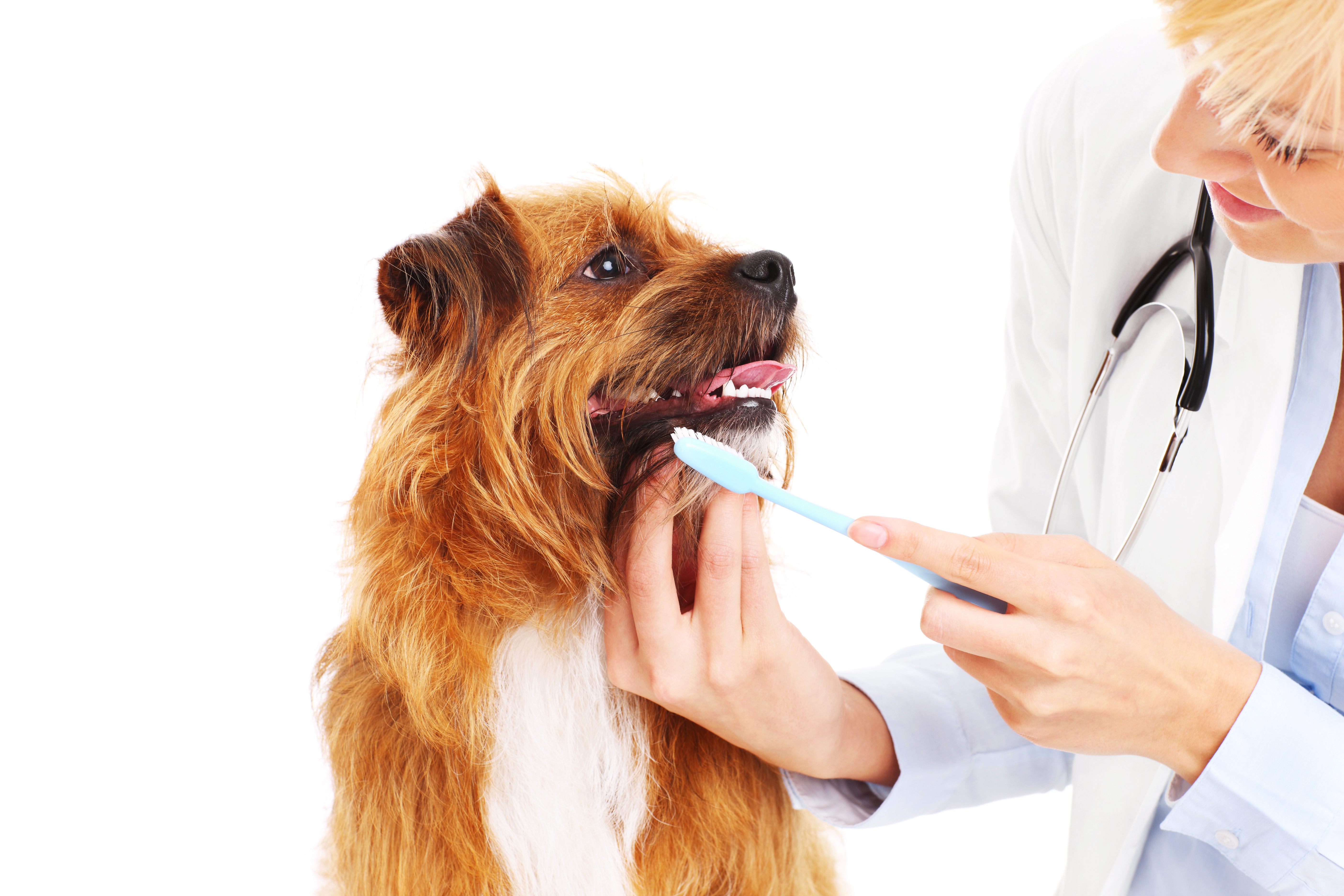February is Pet Dental Health Month and since today is the last day of February, we wanted to take this opportunity to remind you of the importance of keeping up with the dental health of our furry family members. Luckily for us, we have a veterinary dental specialist in our Best Friends family. Dr. Goldstein is not only our Chief Medical Officer, he is a Fellow of the Academy of Veterinary Dentistry and is board certified in Veterinary Dentistry and Oral Surgery.
Gary Goldstein, DVM
Recent Posts
Tags: Ask a Vet, Cats, Dental Health Month, Dentistry, Dogs, health, pet advice, Pet Health, Pets, tips
- Tweet
Since February is National Cat Health Month and also Pet Dental Month, we thought we would provide you with some information on the two most common dental issues seen in cats by veterinarians.
Tags: Cats, Dentistry, health, Pet dental health month, pet info, preventative pet care, tips, Vet
As the holiday season is approaching, below are some friendly reminders that we at Best Friends, as well as our pet parents should be aware of.
Pet Dental Health Month - Basic Extraction Principles
The oral cavity has an abundant blood supply and an epithelial surface constantly bathed by saliva, a fluid rich in antimicrobial properties, resulting in oral tissue healing more rapid than skin. Sterile surgical preparation of the oral cavity for extractions is not necessary, however, using clean instruments and adequate preparation of the surgical working area is recommended. Good accessibility and exposure to the surgical site is important while creating gingival flaps to expose the tooth and alveolar bone adequately. Gentle tissue handling is used to minimize tissue trauma and promote faster healing. Appropriate instruments that are clean, sharp, well taken care of and stored properly...
Tags: Ask a Vet, Cats, cats, Dogs, dogs, health, pet advice, Pet Dental Health, Pet Health, pet health, Vet
Potential causes include previous blunt trauma, e.g., being hit by a car, running into a wall or excessive chewing on hard objects such as rocks, hard Nylabones®, cow hooves, antlers and other objects that do not soften when chewed.
Tags: Ask the Vet, Cats, cats, Contributors, Dogs, dogs, health, pet advice, Pet Dental Health, Pet Health, pet health, Vet
Professional periodontal treatment is important to the health and well-being of dogs and cats. Poor oral health may directly affect an animal’s overall health. Recent studies have shown there is an association with advanced periodontal disease and heart disease further validating the importance of periodontal health. Other studies have shown similar implications for the relationship of periodontal disease to heart, liver and kidney disease in the dog.
Tags: Ask the Vet, Cats, Dogs, dogs, Grooming, health, pet advice, Pet dental health month, Pet Health
Periodontal disease is the loss of the periodontal attachment apparatus (periodontal ligament, alveolar bone, cementum and gingiva). Since 75-85% of these structures are identified below the soft tissues of the oral cavity (e.g. gingiva, alveolar mucosa, and palatal mucosa), a thorough clinical subgingival evaluation and intraoral radiographs are required to assess, diagnose and treat periodontal disease.
Tags: Ask the Vet, cats, Dogs, dogs, health, Pet dental health month, Pet Health, pet health, preventative pet care
Preventive care and client education is an important step to introducing, implementing and improving overall dental and oral medical quality in your practices. Understanding the veterinary team’s (DVMs, veterinary technicians and assistants, receptionists, managers) role in preventing periodontal disease before pathology develops through the three keys to preventive dental care are critical steps to embrace. Suggestions for partnering with your clients to actively involve them in their pet’s oral home care, understanding client perceptions, providing confident and personalized recommendations, working as a team to change and improve the hospital culture will be addressed.
Tags: Ask the Vet, Cats, cats, Dogs, dogs, health, pet advice, Pet dental health month, Pet Health, preventative pet care




.png)



